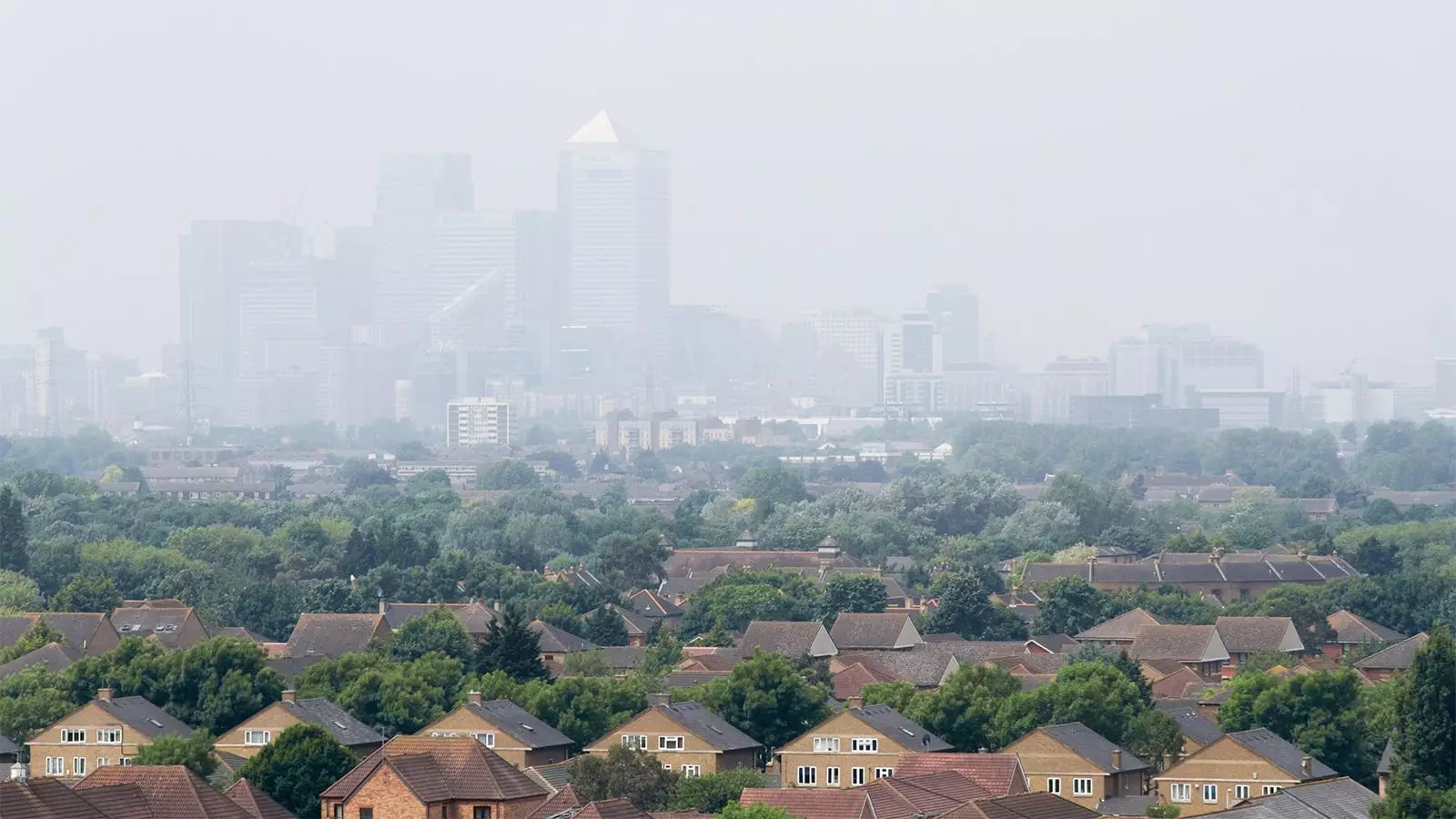The correlation between air pollution and various health conditions is becoming increasingly evident in studies being conducted worldwide. One recent study from the U.K. Biobank program discovered a concerning link between exposure to certain pollutants and the development of psoriasis. This finding sheds light on the potential impacts of environmental factors on inflammatory skin conditions.
Researchers collected data from the U.K. Biobank, a project that involves health records from over 500,000 individuals in Great Britain. The study focused on the association between new-onset psoriasis and exposure to four major pollutants: PM2.5, PM10, nitrogen dioxide (NO2), and nitrogen oxide species (NOx). The results showed that individuals with higher levels of exposure to these pollutants had an increased risk of developing psoriasis.
While the researchers acknowledged that the findings do not establish causality, they emphasized the need for interventions to mitigate air pollution and protect individuals from the effects associated with psoriasis. The study highlighted the importance of addressing environmental factors in the prevention and management of inflammatory skin diseases.
High genetic risk, as determined from previous genome-wide association studies, was found to double the risk of psoriasis for individuals exposed to higher levels of pollution. This emphasizes the interplay between genetic susceptibility and environmental factors in the development of certain health conditions.
The study’s results raise questions about the role of public health policies in addressing the impact of air pollution on inflammatory skin diseases. The findings suggest a need for regulatory measures to reduce pollution levels and protect vulnerable populations from potential health risks.
Further research is needed to explore gene-environment interactions related to air pollution and their implications for inflammatory skin diseases. Understanding these mechanisms could lead to the development of innovative preventive and therapeutic strategies for individuals at risk of psoriasis and other related conditions.
Clinicians may face challenges in recommending specific interventions for patients exposed to high levels of air pollution. While lowering pollution levels is ideal, medical treatments targeting specific pathways affected by pollutants could offer potential benefits. However, more research is needed to determine the efficacy of these approaches in preventing and managing inflammatory skin diseases.
The study linking air pollution to psoriasis development underscores the complex relationship between environmental factors and inflammatory conditions. As researchers continue to investigate these connections, healthcare providers and policymakers must consider the implications of pollution on public health and work towards implementing effective strategies to address these concerns.

Leave a Reply